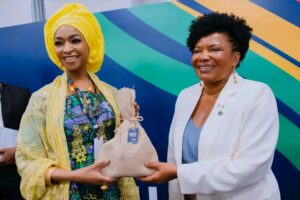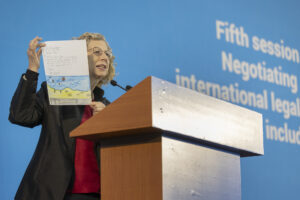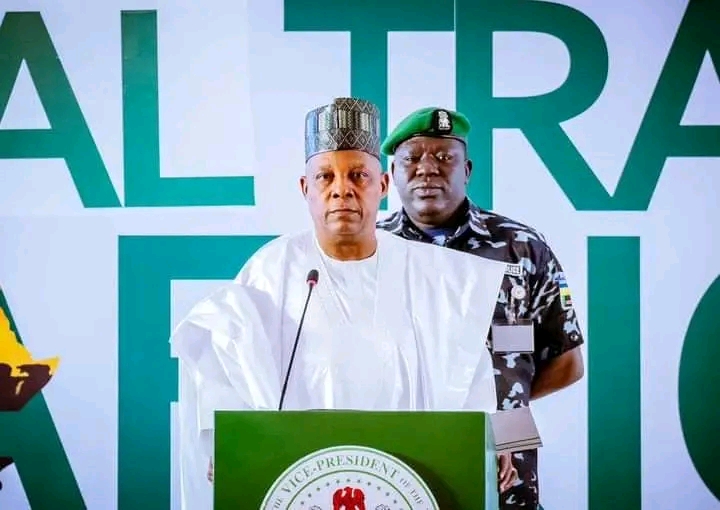
*FG Unveils Roadmap For The Continent’s Digital Trade Revolution Under AfCFTA
BABATUNDE OLAMIDE SULAIMON/Associate Editor
The Federal Government on Friday unveiled a comprehensive strategy to lead Africa’s digital trade revolution within the framework of the African Continental Free Trade Agreement (AfCFTA).
The strategy is part of the Renewed Hope Agenda of President Bola Ahmed Tinubu’s administration to harness trade as a catalyst for economic growth and continental cohesion in line with AfCFTA objectives.
To this effect, Vice President Kashim Shettima said Nigeria is in a unique position to spearhead the continent’s technological transformation.
He made the observation while delivering the keynote address during a Stakeholders Summit with the theme, “Digital Trade in Africa: The Renewed Hope Strategy,” held at the Banquet Hall of the Presidential Villa, Abuja.
“We are in a vantage position because we are the continent’s largest ICT hub, and as such, we must lead the way to the future of this peculiar wave of the Industrial Revolution.
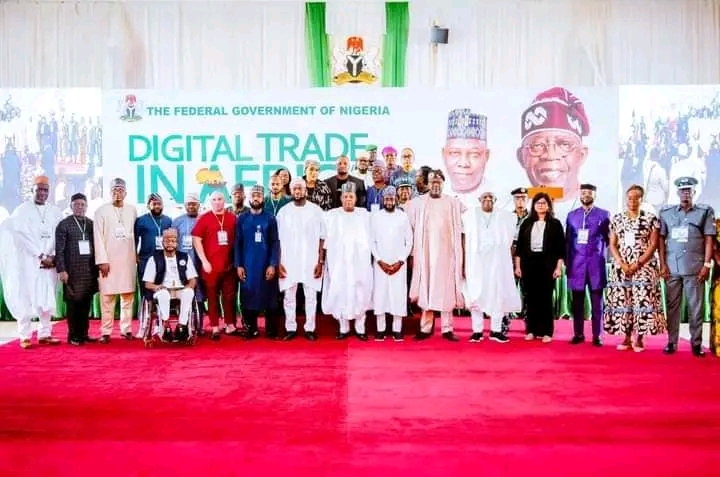
“Our collaboration must prioritize comparisons of our policy initiatives to those of developed economies and fine-tune them to sustain our place and fast-track our growth,” the Vice President stated.
Senator Shettima outlined key components of the roadmap to include implementation of AfCFTA’s Digital Trade Protocol and the development of expansive technical talent hubs.
The plan, according to him, also focuses “on enhancing digital infrastructure investments, promoting disruptive innovation and entrepreneurship, and ensuring the alignment of multiple government agencies to support digital trade initiatives.”
The VP stressed the need for strong synergy between the public and private sectors in implementing the AfCFTA’s Digital Trade Protocol, just as he assured that the federal government remains committed to investing in digital infrastructure and human capital development to drive the process.
He continued: “Our collaboration must prioritize comparisons of our policy initiatives to those of developed economies and fine-tune them to sustain our place and fast-track our growth. For a sector upon which all others rely to survive, digital technologies hold the nation together, and we cannot afford to slow down.
“Our programmes, from the Investment in Digital and Creative Enterprises (iDICE) to the ongoing intervention to train 3 million technical talents by the Ministry of Communications, Innovation and Digital Economy, to the Outsource to Nigeria Initiative (OTNI), are lifelines in our digital economy.
“They offer us an avenue to not only maximize our potential but also commit to the adoption of the Digital Trade Protocol within AfCFTA,” VP Shettima further explained.
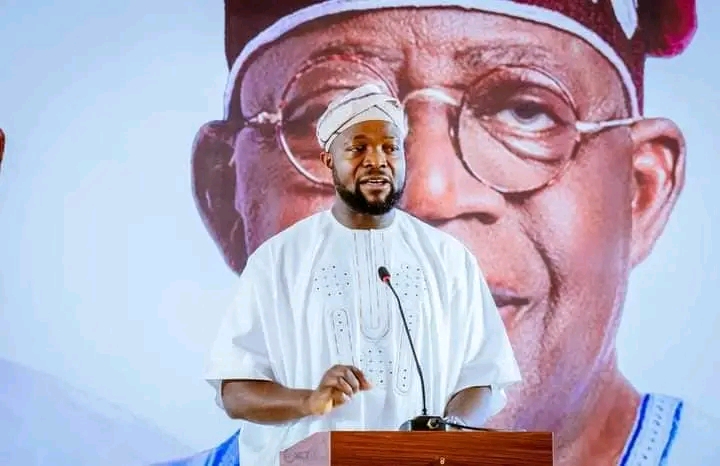
Earlier in his remarks, Minister of Communications, Innovation and Digital Economy, Dr Bosun Tijjani, said the Tinubu administration is investing significantly in every aspect of the digital trade protocol, with a view to harnessing opportunities in the country and continent at large.
He explained that through innovative policies and programmes such as the 3 Million Technical Talent (3MTT) programme, data protection policy and improved investments in digital infrastructure, the administration is equipping the country’s young population for the opportunities of the present and future.
Underscoring the significance of technology in trading across the continent, Dr Tijjani said opportunities that exist within the single market area are unprecedented and could best be harnessed through effective collaboration and networking facilitated by digital technology.
In his welcome address, the Special Assistant to the President on ICT Policy, Dr. Salihu Dasuki Nakande, thanked President Tinubu and Vice President Shettima for their commitment and dedication to the Renewed Hope Agenda, which he said has laid a solid foundation for the digital transformation journey in the country.
He said their continuous support has led to the discourse on digital transformation which will equally lead to a prosperous Nigeria.
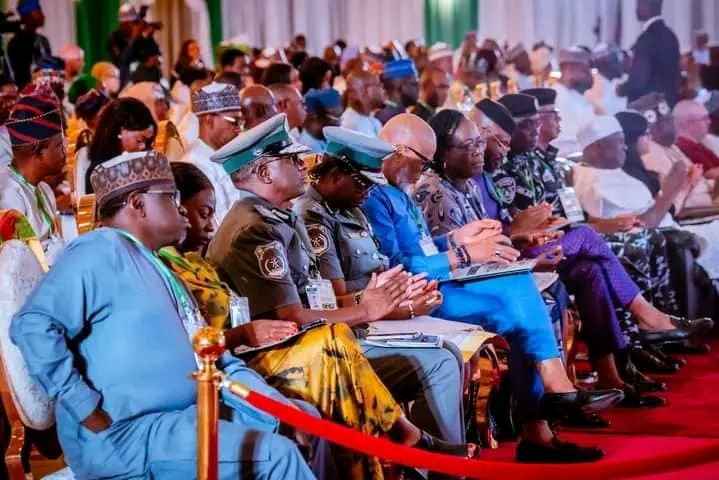
Quoting the Vice President in his address at the World Economic Forum in Davos earlier this year, Dr. Nakande said, “Looking ahead, there is a need for speed and cohesion among African countries, the idea of AfCFTA must be revived and there is no hope in keeping waiting in this world, we must act swiftly and together ensure that the AfCFTA succeeds.
“We will explore how the digital economy and AfCFTA can transform Nigerian trade, boost economic growth, and support livelihoods and improve the lives of our citizens.”
According to him, Nigeria is projected to be a 1 trillion-dollar economy by 2026 and to achieve this, a digital economy is necessary, even as he noted that the next step in Nigeria’s digital future is regional integration, aligning with the African Union’s Digital Transformation Strategy for Africa, supported by Digital Protocol.
On his part, the Head of Prosperity, British Deputy High Commission, Mr Kris Kamponi, said the United Kingdom is a proud champion of open, free and fair trade, noting that it has positively impacted the UK economy.
He said the Digital Trade in Africa initiative is vital and critical in addressing all of the issues relating to growing prosperity for Africa.
In her presentation, a Senior Research Officer at ODI, Dr Prachi Agarwal, commended Nigeria for its visionary approach and leadership in prioritizing digital trade, pledging the organisation’s commitment to supporting the operationalization of the AfCFTA.
She said the ODI firmly believes in the transformative potential of digital technology, especially in unlocking market opportunities through the AfCFTA framework; hence, its resolve to partner with stakeholders in the project.
Also present at the event were the Executive Secretary of the Nigeria Shippers Council (NSC), Mr Pius Akutah; Director General of National Information Technology Development Agency (NITDA), Mr Kashifu Inuwa; Registrar-General of the Corporate Affairs Commission (CAC), Mr Hussaini Magaji; Director General of Small and Medium Enterprises Development Agency of Nigeria (SMEDAN), Mr Charles Odii; Managing Director of Nigeria Commodity Exchange, Mr Anthony Atuche, and representatives of development partners, among others.


